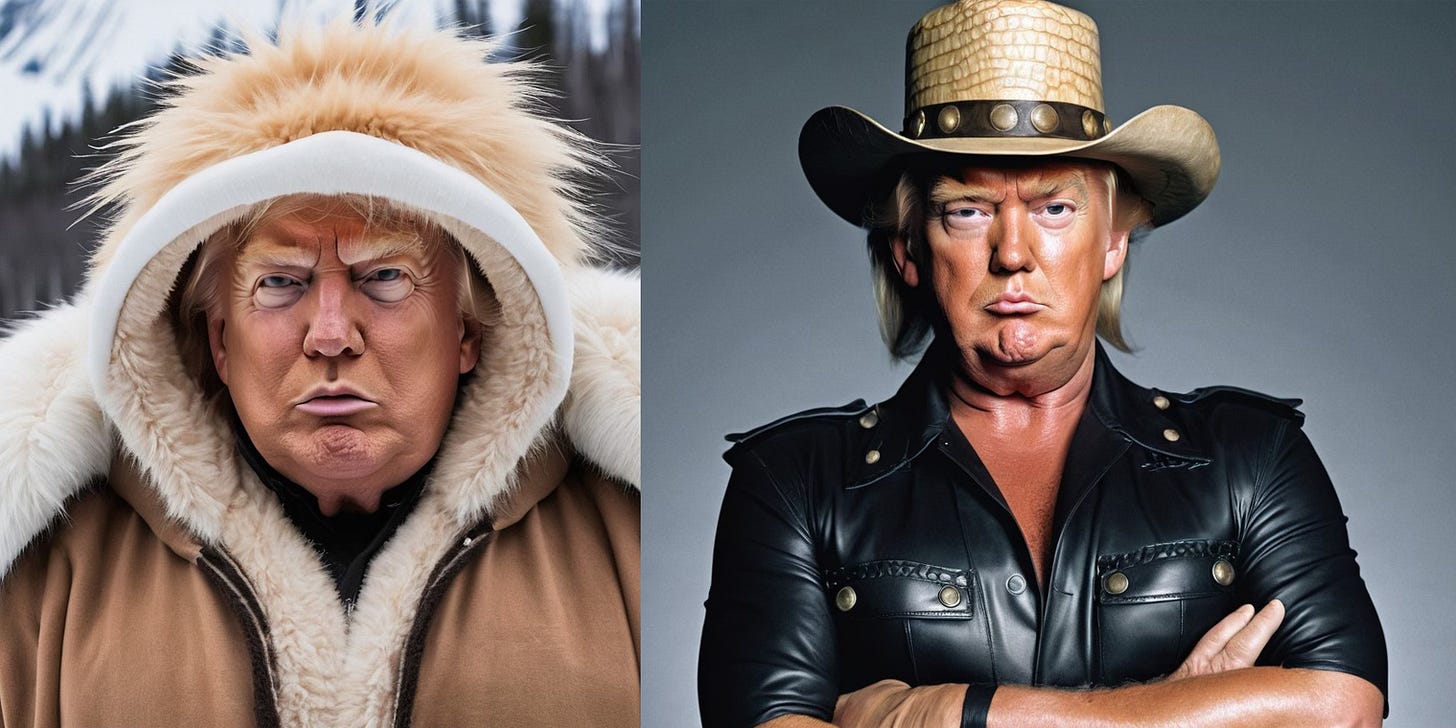Might as well admit it now—I would have voted for Kamala Harris last November if it hadn’t been for those nasty things French President Emmanuel Macron said about her.
If that seems stupid, it couldn’t be any stupider than what seems to be happening in other countries. If you believe the mainstream media, folks in Canada and Australia voted for left-wing governments because they don’t like Donald Trump.
A reasonable person has to know that Donald Trump is neither Australian or Canadian. That person would also know that Mr. Trump wasn’t on the ballot in either country and that no matter whom they voted for, it wasn’t going to mean Trump was leaving office here.
Yet that was the story being handed out: that Trump Derangement Syndrome is so strong, it exerts a kryptonite-like influence over the entire Earth. People actually decided who would run entire countries because of their hatred of Donald Trump.
Canada is headed down the same path as the U.S., only more slowly.
To believe that, you have to think the average person in those two English-speaking countries is just rock-stupid. Brains of basalt, cerebrums of sandstone. Could that have actually happened?
Perhaps we’re simply being told a fable—that Donald Trump is so hated his presence affects voting in other countries. More likely the real story is that the media and politicians hate Trump because he represents a threat to them, not foreign voters. Voters have other things to worry about.
We’ve been told Canada’s Liberal Party swamped the Conservative Party because of Trump. Looking at a chart of the results, we see that the Libs gained some nine seats in Parliament in this election. Okay, but Conservatives gained twenty-five seats, almost three times as many. Even with their gain, Liberals failed to get a majority.
The real story seems to be that Canada is headed down the same path as the U.S., only more slowly. Canada is becoming as divided as we are. You’re liberal or conservative. The proof may be in what happened to two other parties, the New Democrats (NDP) and the Bloc Québécois (BQ). Both generally got votes as a protest against the other two parties, but last month the NDP lost 18 seats in Parliament and the BQ lost 10. Four years ago the NDP had about 18 percent of the total vote; this year it was barely six percent.
Lines are being drawn; you’re either with us or you’re agin us. As one newspaper wrote of the Conservatives, “Despite coming in second, this will be their strongest performance since 2011, when the Conservatives secured a majority of 166 seats.”
It shows up in a national map of the vote. Western Canada is conservative, Eastern Canada isn’t. British Columbia, often thought of as a California-like liberal province, handed Conservatives a one-seat majority in its provincial parliament. Conservatives gained seven seats; Liberals four. The farther-left NDP lost ten seats. Nationwide, eleven seats changed from Conservative to Liberal, but 17 Liberal seats went Conservative.
One thing that isn’t being discussed: the New Democratic Party was led by a bearded Sikh named Jagmeet Singh. The Sikhs are members of a mostly-peaceful Indian religion, but the beards and turbans make them look foreign and just a tiny bit terrorist. No one in Canada wants to say the party lost so many seats because its leader didn’t look “Canadian,” but something happened.
Looks like the end-of-the-world climate crowd has worn out its welcome.
In Australia, the Conservative Party got—oh, wait a minute, Australia has no Conservative Party. The Labor Party went from a one-vote majority in its House to eight seats, while the Liberal-National Coalition got whacked, going from 53 to 36 seats. As in Canada, smaller parties got blanked out: “Independents and others” went from 13 seats to 10 while the Greens went from four seats to none. In Canada, only a single Green Party member remains in Parliament. Looks like the end-of-the-world climate crowd has worn out its welcome.
Rather than Donald Trump, the big issues that hurt the Liberal-National Coalition may have been their leader’s platform of ending remote work by getting people back into offices and his approval of nuclear power plants to cut high energy costs. Compared to the U.S., Australia is more like a big union local, with both sides trying to think of more giveaways for voters and vilifying capitalism.
Both countries will soon face major crises. Australia is rapidly running out of money to support its socialist malarkey and Canada is about to split down the middle. Donald Trump may have affected some voters in those countries, but they’ll soon have other things to worry about than some foreigner somewhere.





